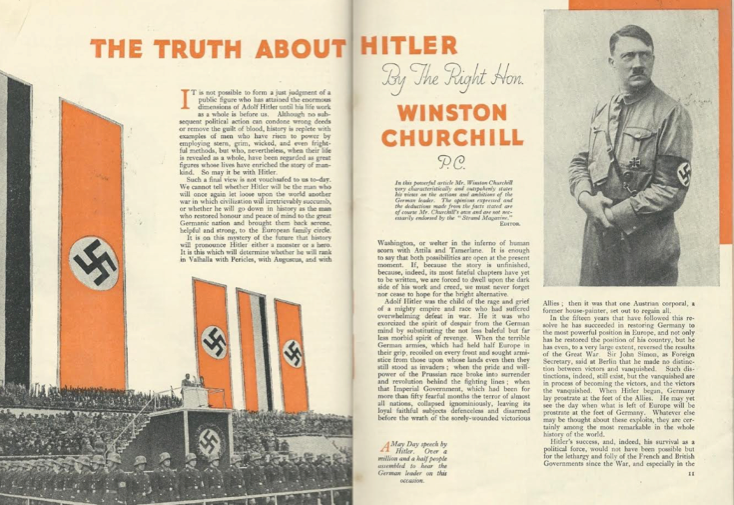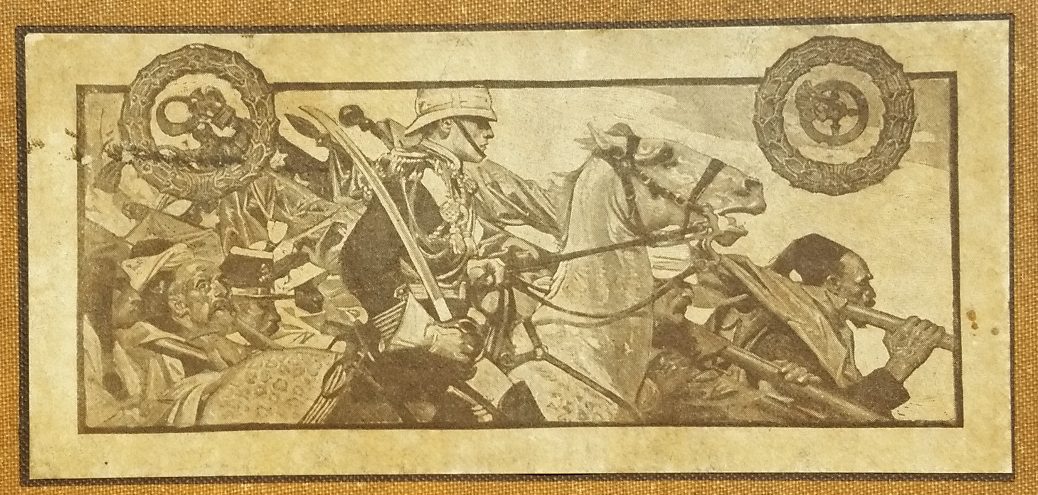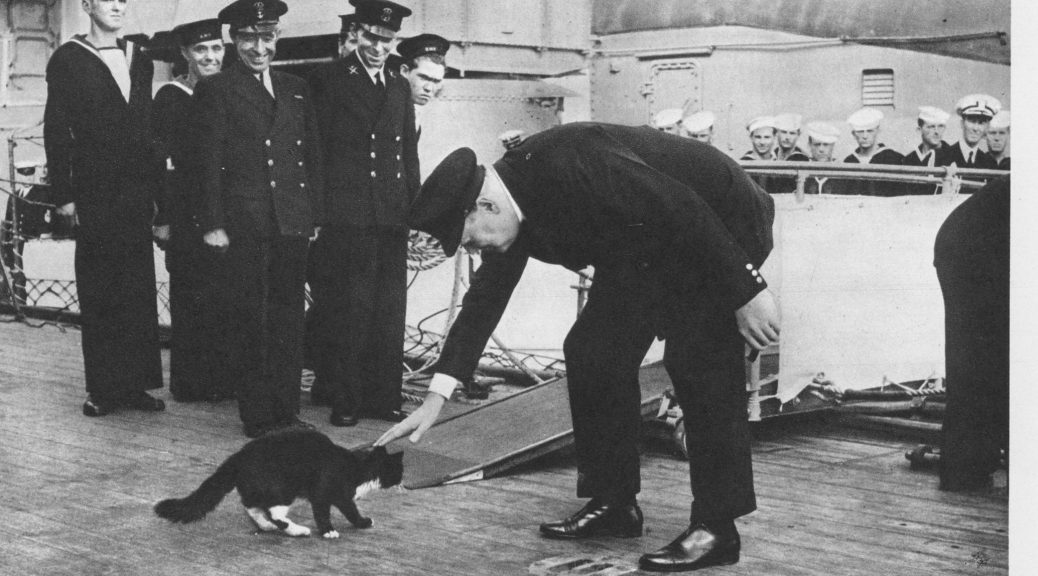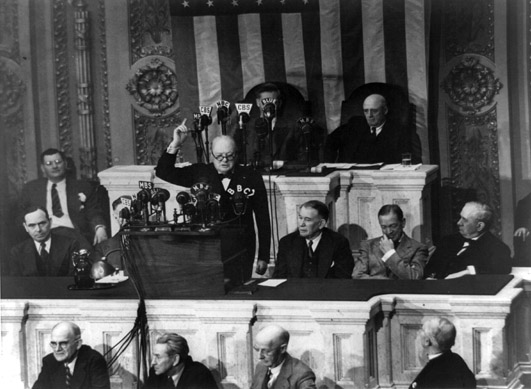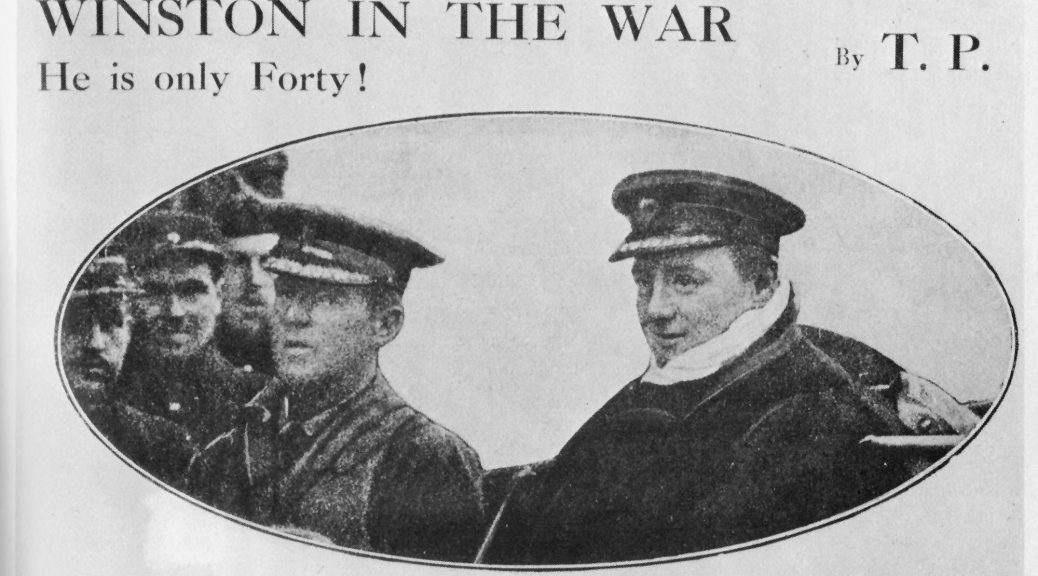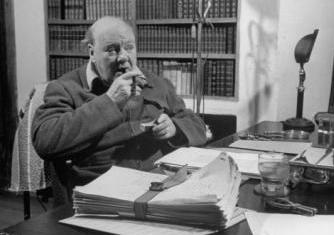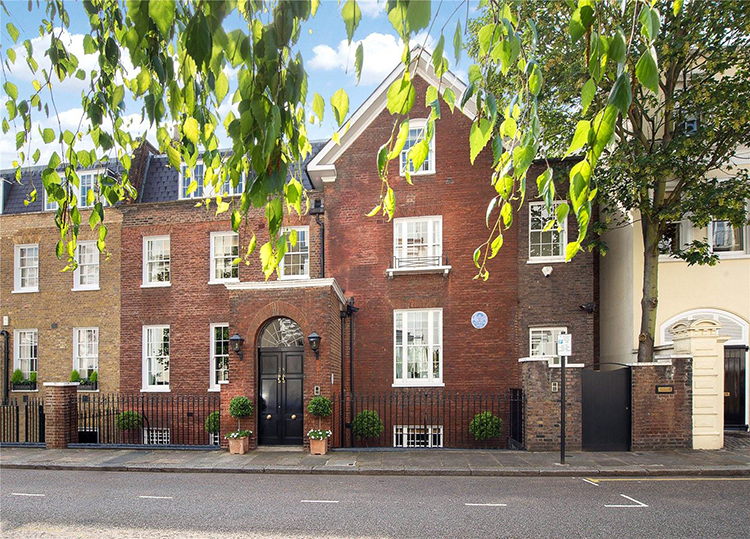
Hyde Park Gate: Churchill’s London Home, 1945-1965
Question: “Churchill owned both 27 and 28 Hyde Park Gate. Which one did he live in?” Answer: both.
1945-51The Churchills purchased 28 Hyde Park Gate in September 1945. The fine attached brick house stands in a quiet cul-de-sac, close to Hyde Park and Kensington Gardens. They acquired the abutting number 27 in March 1946. According to Stefan Buczacki’s excellent book, Churchill and Chartwell, the garden wall between the two residences was knocked out to provide a single garden. Number 27 was initially acquired for needed office space, though Clementine Churchill thought it an extravagance.…
